How to Enhance the Wind-Lifting Resistance of Cotton Baling Film in Plateau Windy Areas
2025-06-03
Wind-Lifting Resistance Strategies for Cotton Baling Film
-
1. Material Reinforcement
Thickness & Structure Optimization:
- Increase grammage by 15–20% for enhanced mechanical strength
- 3–5 layer co-extrusion with LLDPE/HDPE core: ≥25 MPa tensile strength, ≥50 kJ/m² impact resistance
- 1–3% nanoparticles (silica/clay) for modulus improvement
-
2. Surface Modification
Adhesion Enhancement:
- Micro-roughness (Ra: 2–5 μm) via embossing/plasma: 30–50% inter-layer adhesion increase
- Polyisobutylene tacky layers for self-adhesive bonding
-
3. Installation Techniques
Mechanical Anchoring:
- 15–20 cm layer overlap with hot-air welding/sealing tape
- Bottom anchoring: 10–15 cm burial or concrete blocks
- Cross-wrapping (horizontal/vertical) for force distribution
-
4. Aerodynamic Design
Wind Resistance Optimization:
- Staggered bale stacking & curved edges: 10–15% wind resistance reduction
- 50–60% porosity windbreaks: 40–60% wind speed reduction within 5–10x height
-
5. Monitoring & Maintenance
- Weekly inspections for tears/loose edges
- UV-resistant tape/heat-shrink film for emergency repairs
-
6. Local Standard Compliance
Refer to China’s Plateau Agricultural Film Specifications:
- Longitudinal tensile strength: ≥18 MPa
- Mandatory anchoring protocols for high-wind zones
Compliance ensures regional environmental adaptability
You Might Also Like
-
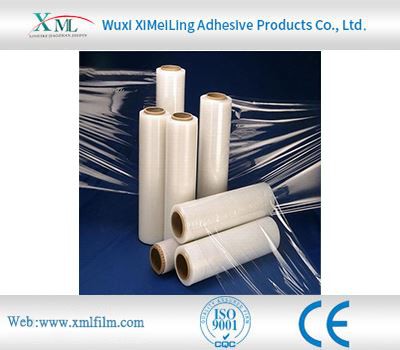
How to Remove Protective Transparent Plastic Film Without Damaging the Surface
-
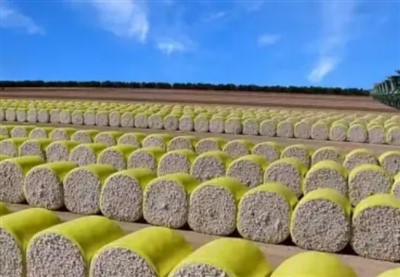
what are the advantages of cotton packaging film
-
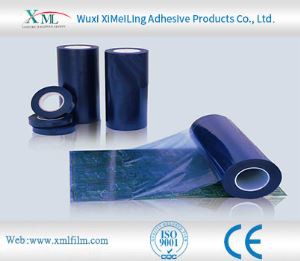
How does pe protective film cope with high temperature environment
-
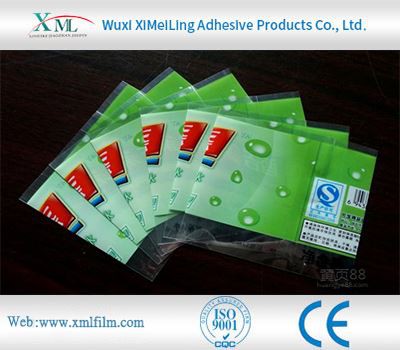
How Polyethylene Packaging Material Copes with High Temperature Environment
-
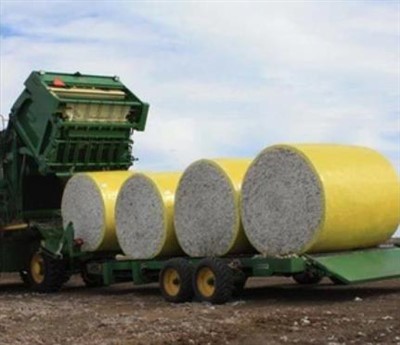
The Advantages of Cotton Wrap Film
-
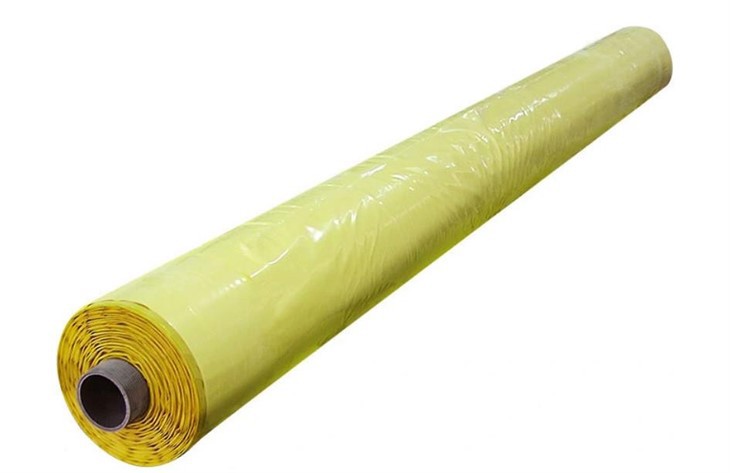
Advantages of Cotton Bale Wrap Film
